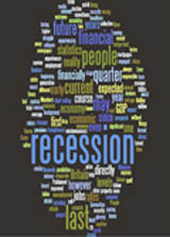The changing face of motherhood in Denmark
Introduction
Denmark is ranked 5th in the Save the Children’s State of the World’s Mothers Report 2011. As in the case of other Nordic countries such as Norway, Sweden and Finland, Denmark has a reputation for high levels of state involvement in the shaping of modern motherhood — and as a result, Denmark is considered one of the best places in the world to be a mother. Parental leave is substantial, childcare provision is comprehensive, gender equality is high on the political agenda, and women are encouraged to develop professional lives as part of their experience of motherhood. Women make up a large proportion of Denmark’s labour force, with most mothers taking advantage of the extensive system of childcare provision in order to return to work while their children are still very young. At the same time, Danish men are also now encouraged, via increased paternal leave, to participate more actively in the domestic sphere, meaning that there is the promise (if not always the reality) of greater gender equality in this area of life as well.
This does not mean that mothers experience ideal conditions in Denmark, however: as in the case of many other European countries, the opportunity to combine childrearing with a professional career brings with it the stresses and strains of managing competing and sometimes divergent commitments inside and outside the home. In Denmark this is a particular issue in relation to the gendered division of unpaid household labour. As we shall see, the fact that these unequal distributions of domestic labour are seen by many as part of the normal order of things in the family home suggests that some more traditional ideas about gender remain prominent in Danish society, despite the considerable progressive changes that Denmark has seen in terms of gender equality in other areas of social life.
Click here to download the report in pdf format.
The Changing Face of Motherhood research was commissioned by Procter & Gamble (P&G)






